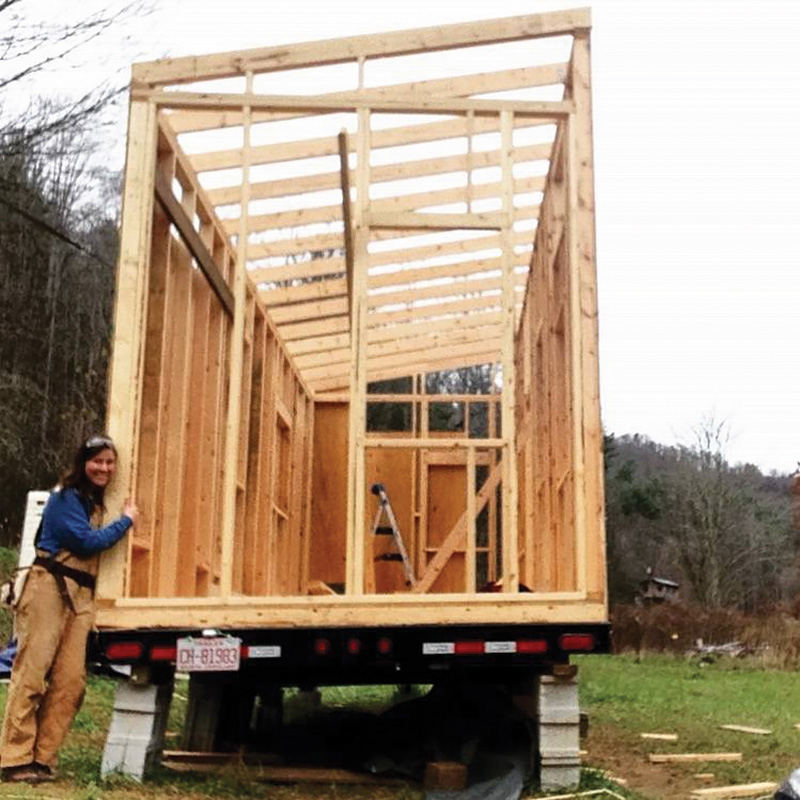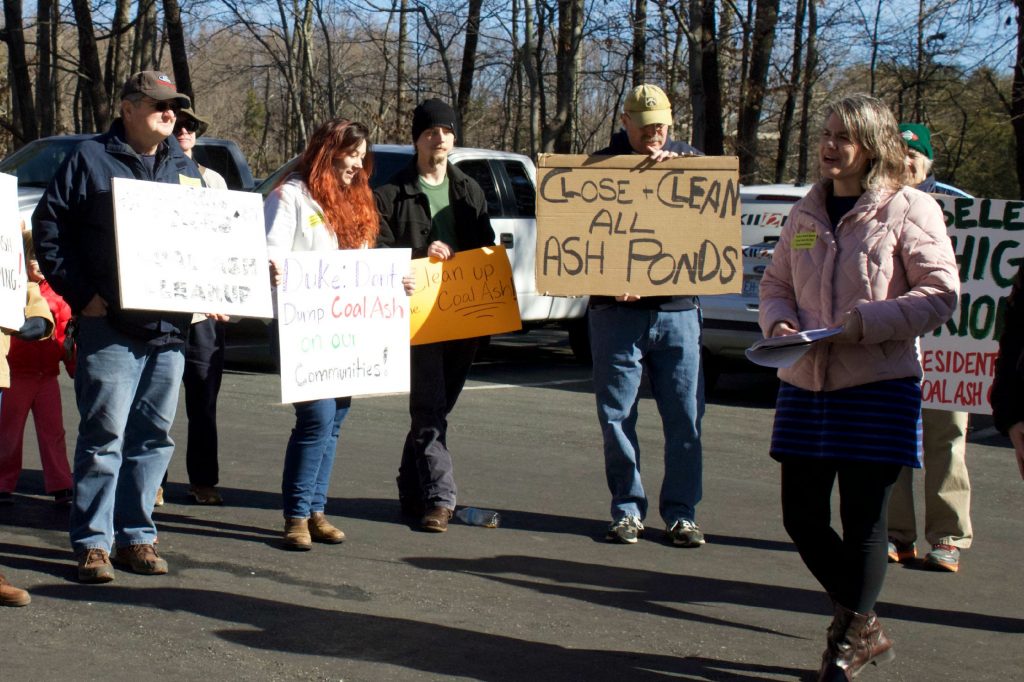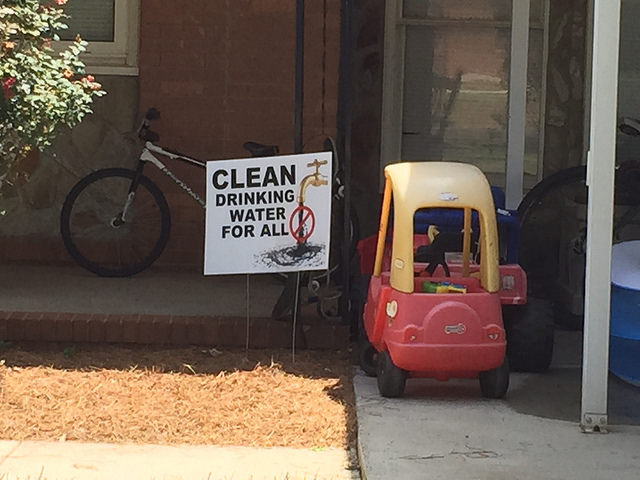Written by Sarah Kellogg
Sarah Kellogg
A sunny-spirited North Carolinian with a passion for hiking, viola, ceramics and poetry, Sarah joined Appalachian Voices as our 2013-14 Americorps Education Outreach Associate and later served as our N.C. Coordinator working on coal ash cleanup and pipeline awareness from 2014-2016.
One Neighborhood’s Fight for Representation
How the predominately African-American neighborhood of Walnut Tree in Stokes County, N.C., won clean water and local voting rights.
The Tiny House Revolution
More and more people are building tiny houses as a sustainable alternative to traditionally large American homes.
How coal ash impacts civil rights
Residents of Walnut Cove, N.C., have fought for years to win justice for community members who have been harmed by coal ash pollution at the nearby Belews Creek power plant. In response to the interest in the threats posed by coal ash expressed by the North Carolina Advisory Committee to the U.S. Commission on Civil Rights, the Walnut Cove community showed up in a big way.
It ain’t easy living on bottled water
Coal Ash: It’s not just toxic, it’s radioactive!
This week, a study conducted by Duke University was published in “Environmental Science and Technology” which concluded that coal ash is more radioactive than its parent coal or soil, and that the radioactivity may exceed safe levels for human exposure.
VIDEO: “Contaminated, But Smart!”- Duke Energy’s New Coal Ash Assessment
On Monday evening, Duke Energy released the executive statement from its study assessing groundwater contamination at two of its largest coal ash sites in North Carolina. Unsurprisingly, Duke Energy’s findings suggest it is not responsible for the contamination found in the drinking water wells of over 200 households within 1,000 feet of the company’s coal ash dumps.
Don’t drink the water
As part of coal ash law enacted in North Carolina last year, Duke Energy is required to test the well water of residents living within 1000 feet of the massive coal ash ponds that dot the state. Now, the first round of water testing results are coming back, giving residents and regulators a clear picture of just how widespread the problem is.
Mountain protectors try again in N.C.

A first for North Carolina, now open for fracking

Permits and Payments: Will Duke Energy ever stop polluting?








